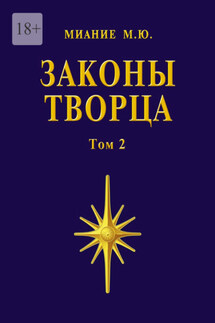Английский язык для юристов. Предпринимательское право - страница 5
A unilateral contract is an agreement in which one party makes a promise to do something in return for an act of some sort. In contrast, a bilateral contract is one in which both parties make promises. A bilateral contract comes into existence the moment the two promises are made. A breach of contract occurs when one of the two parties fails to keep the promise.
A contract can be either express or implied. An express contract requires some sort of written or spoken expression that indicates the desire of the parties to enter the contractual relationship. An implied contract is created by the actions or gestures of the parties involved in the transaction.
In some situations, laws require certain types of contracts to be in writing. A written contract does not have to be a long, formal, preprinted agreement. A written contract may take the form of a letter, sales slip and receipt, notation, or memorandum. A written contract may be typed, printed, scrawled, or written in beautiful penmanship.
One who knowingly accepts benefits from another person may be obligated for their payment, even though no express agreement has been made. Agreements of this type can be either implied in fact or implied in law.
Contracts implied by the direct or indirect acts of the parties are known as implied-in-fact contracts.
An implied-in-law contract can be imposed by a court applying reasons of justice and fairness when someone is unjustly enriched at the innocent expense of another. It is used when a contract cannot be enforced or when there is no actual written, oral, or implied-in-fact agreement. An implied-in-law contract is also called a quasi-contract. It does not result from the mutual assent of the parties such as an express or implied-in-fact contract.
Under common law principles, a formal contract differs from other types in that it has to be written; signed, witnessed, and placed under the seal of the parties; and delivered.
A special type of formal contract – contract of record – is not a contract in the true sense of the word because it is court created, and it does not have all the elements of a valid contract. Often, such a contract is one that has been confirmed by the court with an accompanying recorded judgment giving the successful litigant the right to demand satisfaction of the judgment.
An oral or written contract that is not under a seal or is not a contract of record is considered an informal contract (also known as a simple contract). An informal contract generally has no requirements as to language, form, or construction. It comprises obligations entered into by parties whose promises are expressed in the simplest and, usually, most ordinary nonlegal language.
After a contract has been negotiated, all obligations must then be satisfactorily performed in order for the contract to be executed. A contract that has not yet been fully performed by the parties is called an executory contract. When a contract's terms have been completely and satisfactorily carried out by both parties, the contract becomes an executed contract. Such a contract is no longer an active agreement and is valuable only if a dispute about the agreement occurs.
Exercise 1. Comprehension questions:
1. How are the two contracting parties called?
2. What are the requirements of an offer?






